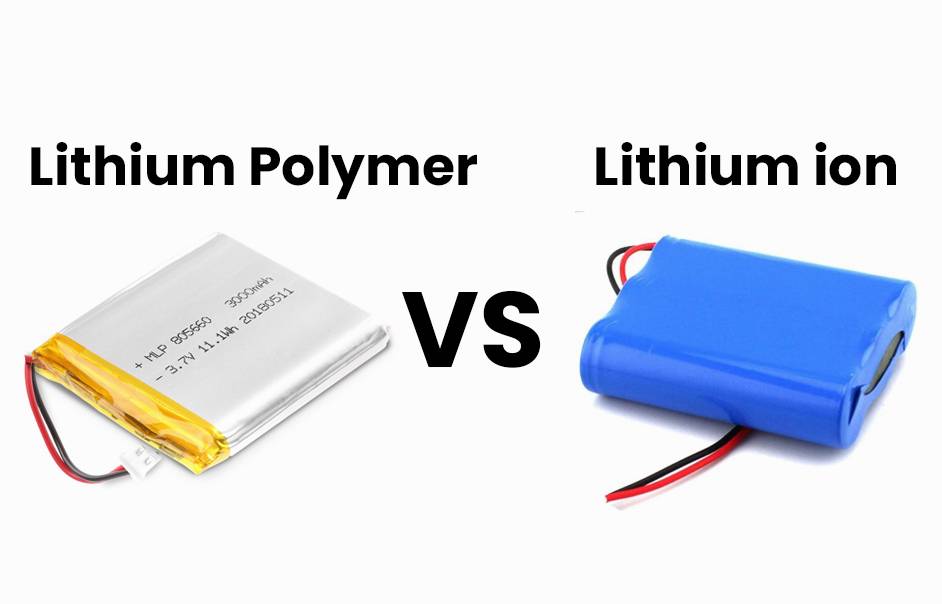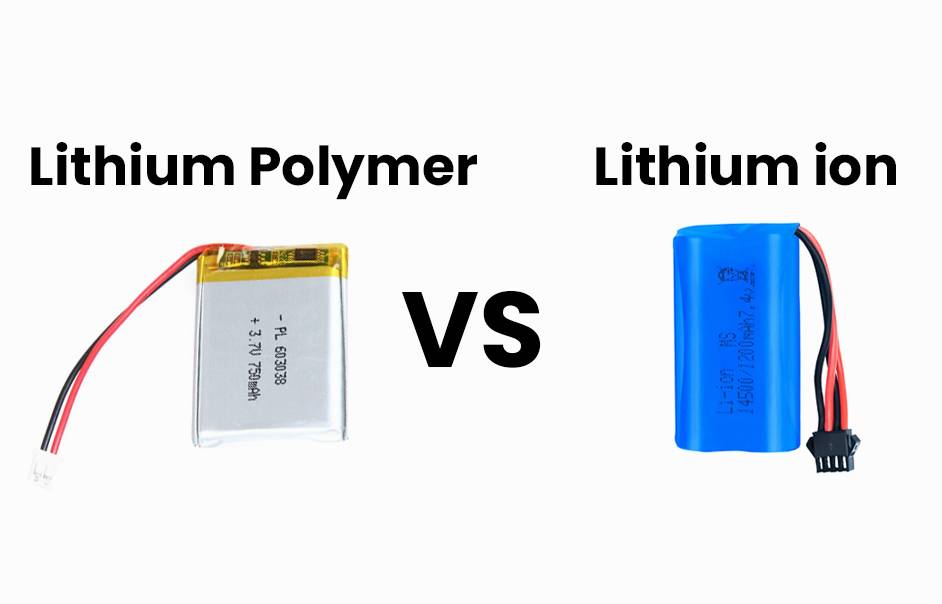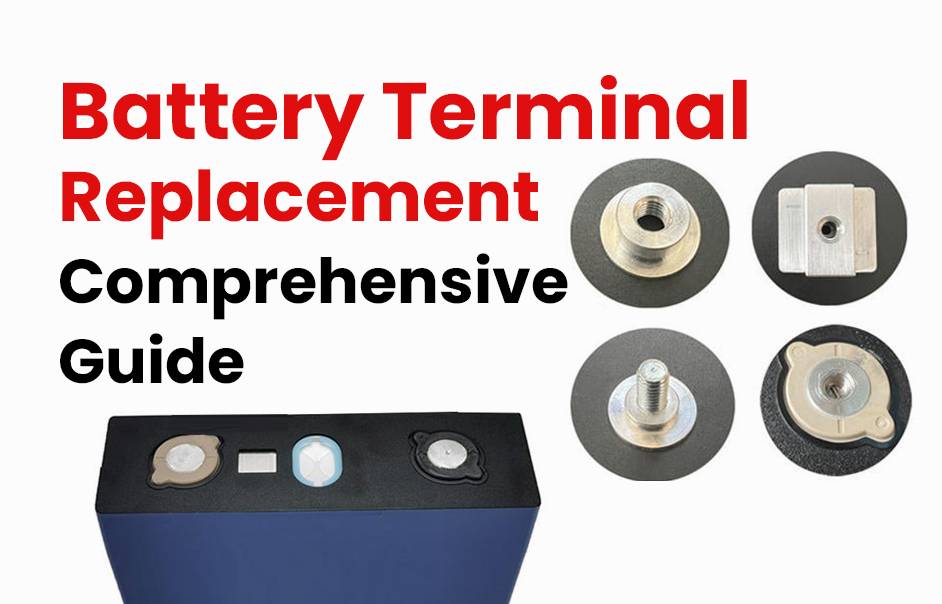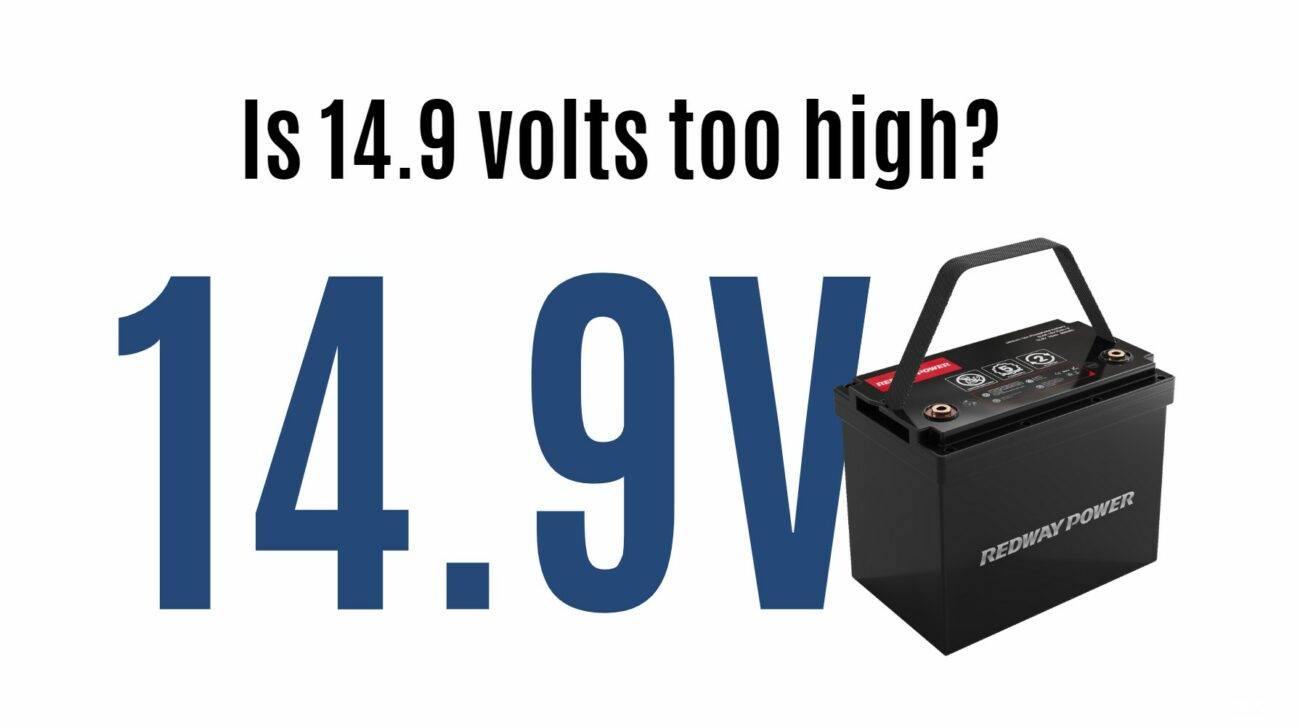
Blog
At What Voltage Is a 12V Battery Considered Overcharged?
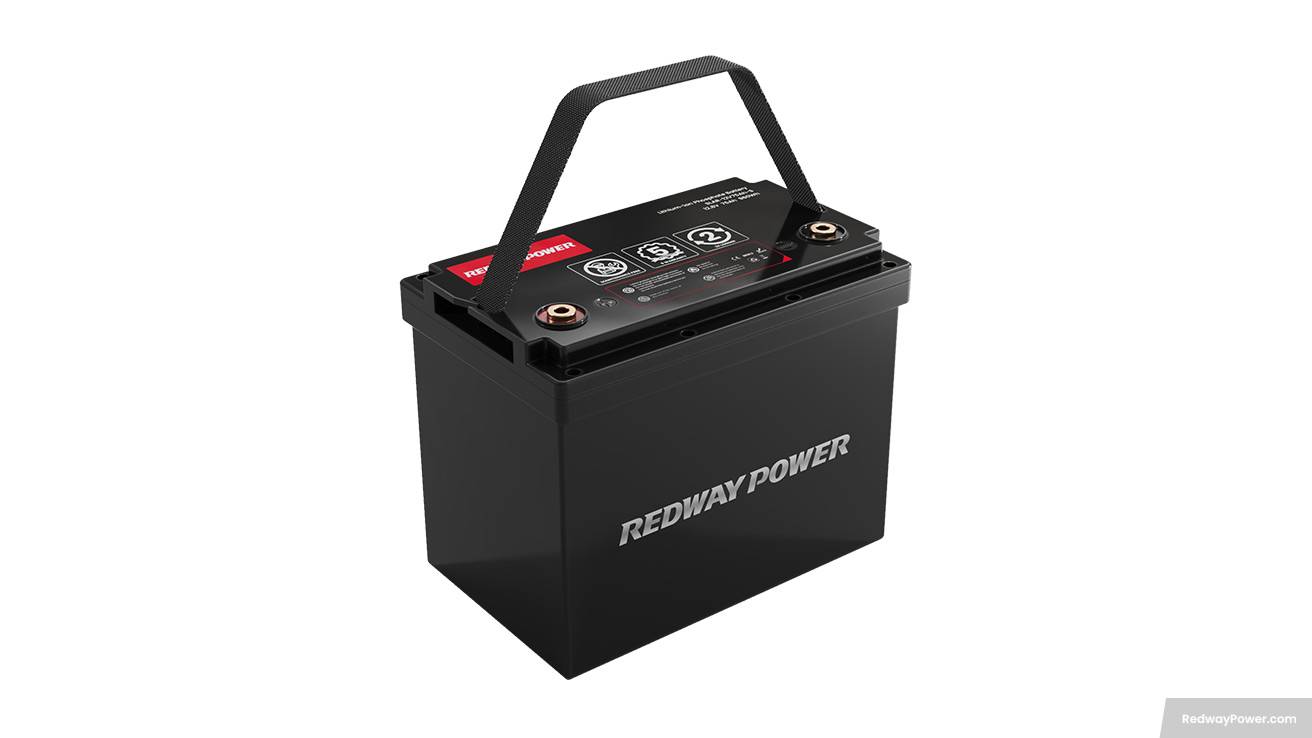
A 12V lead-acid battery is generally considered overcharged when its voltage exceeds 14.8 volts during charging. Sustained overcharging can cause overheating, water loss, and plate damage. Redway Power emphasizes careful monitoring and using regulated chargers to maintain battery health, prolong service life, and prevent safety hazards.
How Do You Identify Overcharging in a 12V Battery?
Overcharging is identified by voltage readings above 14.8 volts, excessive heat, and bubbling or gassing from the electrolyte. Regular monitoring with a multimeter or smart charger helps detect overcharge conditions early. Redway Power recommends checking voltage under load and resting conditions for accurate assessment.
| Voltage State | Description |
|---|---|
| 12.6V | Fully charged at rest |
| 13.2-14.4V | Normal charging range |
| 14.8V+ | Overcharged condition |
What Causes a 12V Battery to Overcharge?
Overcharging often results from faulty or unregulated chargers, incorrect charging settings, or prolonged connection to high-voltage sources. Excessive charging cycles can also accelerate electrolyte loss and internal damage. Redway Power highlights using chargers with built-in voltage regulation to prevent overcharge and extend battery lifespan.
Why Is Overcharging Dangerous for Batteries?
Overcharging increases internal pressure, causes electrolyte evaporation, and accelerates sulfation or corrosion. It can lead to permanent capacity loss, reduced efficiency, or even battery rupture. Redway Power designs OEM batteries with protective features to mitigate overcharge risks in industrial and automotive applications.
Can Temperature Affect Overcharge Levels?
Yes, temperature significantly influences overcharge thresholds. High temperatures lower the voltage at which a battery begins to overcharge, while cold conditions may tolerate slightly higher voltages. Redway Power recommends monitoring both voltage and temperature for optimal charging management.
How Can You Prevent a 12V Battery from Overcharging?
Prevent overcharging by using smart chargers, voltage regulators, and disconnecting batteries once fully charged. Monitoring voltage and temperature regularly ensures safe operation. Redway Power’s MES-managed production integrates safety features to reduce overcharge risks in OEM lithium and lead-acid batteries.
Where Should You Measure Battery Voltage to Detect Overcharge?
Voltage should be measured at the battery terminals using a reliable multimeter, ideally after the battery has rested for a few hours post-charging. Measuring under load can provide additional insight into battery health. Redway Power emphasizes accurate testing methods for both industrial and automotive batteries.
Which Tools Are Recommended to Monitor Overcharging?
Multimeters, battery testers, and smart chargers with automatic cutoff are effective. Load testers provide real-time insight into battery behavior under operational conditions. Redway Power supplies advanced testing and monitoring equipment for OEM battery systems to ensure safety and performance.
Redway Power Expert Views
“Overcharging is a silent threat to battery longevity. Monitoring voltage, temperature, and using smart charging technology are critical. Redway Power batteries include built-in protections that minimize overcharge damage, ensuring reliability across applications from golf carts to industrial machinery,” notes a Redway Power battery engineer.
Conclusion
A 12V battery becomes overcharged above 14.8 volts, posing risks like overheating and capacity loss. Preventive measures include regulated chargers, voltage monitoring, and temperature awareness. Redway Power emphasizes proper battery management to maximize safety, efficiency, and service life in both automotive and industrial applications.
FAQs
1. What is the normal charging voltage for a 12V battery?
Typically 13.2 to 14.4 volts during charging.
2. Can overcharging damage a battery permanently?
Yes, prolonged overcharging can reduce capacity and shorten battery life.
3. How often should voltage be checked?
Voltage should be checked every charging cycle or monthly for standby batteries.
4. Are smart chargers better for 12V batteries?
Yes, smart chargers prevent overcharge by automatically regulating voltage and current.
5. Does Redway Power provide overcharge-protected batteries?
Yes, Redway Power OEM batteries include built-in safety features to prevent overcharge.





